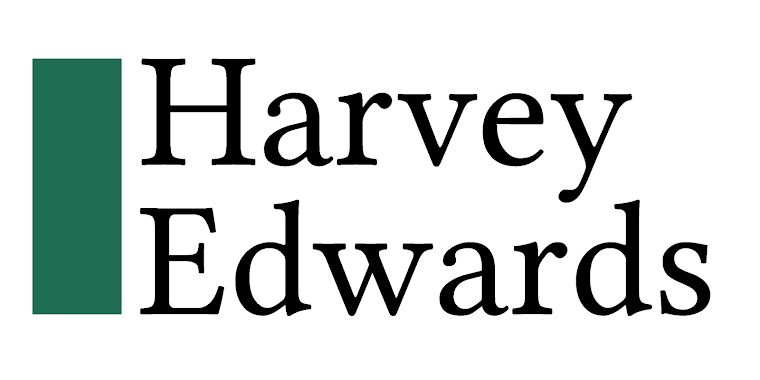Introduction
Last week my 18 year old daughter told me her grand dad is cooler than I am. In my attempt to prove her wrong I am dedicating this article to teenagers who work during the holidays and who may be eligible for a tax refund or tax break.
To demonstrate my coolness each heading represents the latest dance moves…go cool dad.
The Shuffle
Employment Tax
If you employ a student who works for you only in their holidays and whose earnings from employment do not exceed their personal allowance for the tax year, then to save tax get the student to complete form P38(S). If the student is covered by the P38(S), you don’t have to follow normal P45 and P46 procedures and you can pay them without deducting tax.
Getting interest on your savings paid without tax
To receive interest on your savings without tax being deducted you need to fill in a registration form R85 which you can obtain from HMRC or from your bank/building society.
Hand in the form at your bank or building society. You will then start to get your interest without tax taken off. You need a separate form for each different bank or building society.
You can register more than one account with the same bank (or building society) on a single registration form, providing you write the account numbers clearly in the boxes provided.
This interest registration scheme is only for people who usually live in the UK. If you have come here from abroad, or if you intend to live or work abroad, you should call HMRC’s Helpline.
The Wiggle
Get any overpaid tax back
If however the student has missed out on the shuffle above, no need to worry. After the Shuffle then came the Wiggle.
If you have overpaid tax on your earnings or interest from your savings you can claim it back, if your taxable income is covered by your tax allowances. You may have paid too much tax if you don't earn much or if your only, or main, source of income is savings interest or simply if you didn’t complete Forms P38(S) and/or R85.
Pay/wages
If you think you have paid too much tax you can ask your Tax Office for a repayment claim form P50. Or, you can ask your Tax Office to review your tax position at the end of the tax year to see if you might be due a repayment.
Savings
To reclaim tax paid on savings you should complete a form R40 and return it to your Tax Office.
HMRC will accept claims during the year including where:
• after giving your bank or building society a registration form R85,they have not paid back the tax they've already taken off your interest during the tax year.
The time limit for making a repayment claim is five years and ten months from the end of the tax year. For example, you must make a claim for repayment of tax paid in the tax year that ended in April 2004 by 31 January 2010.
www.he-llp.com
0113 815 1315
15 Queens Square, Leeds, LS2 8AJ

